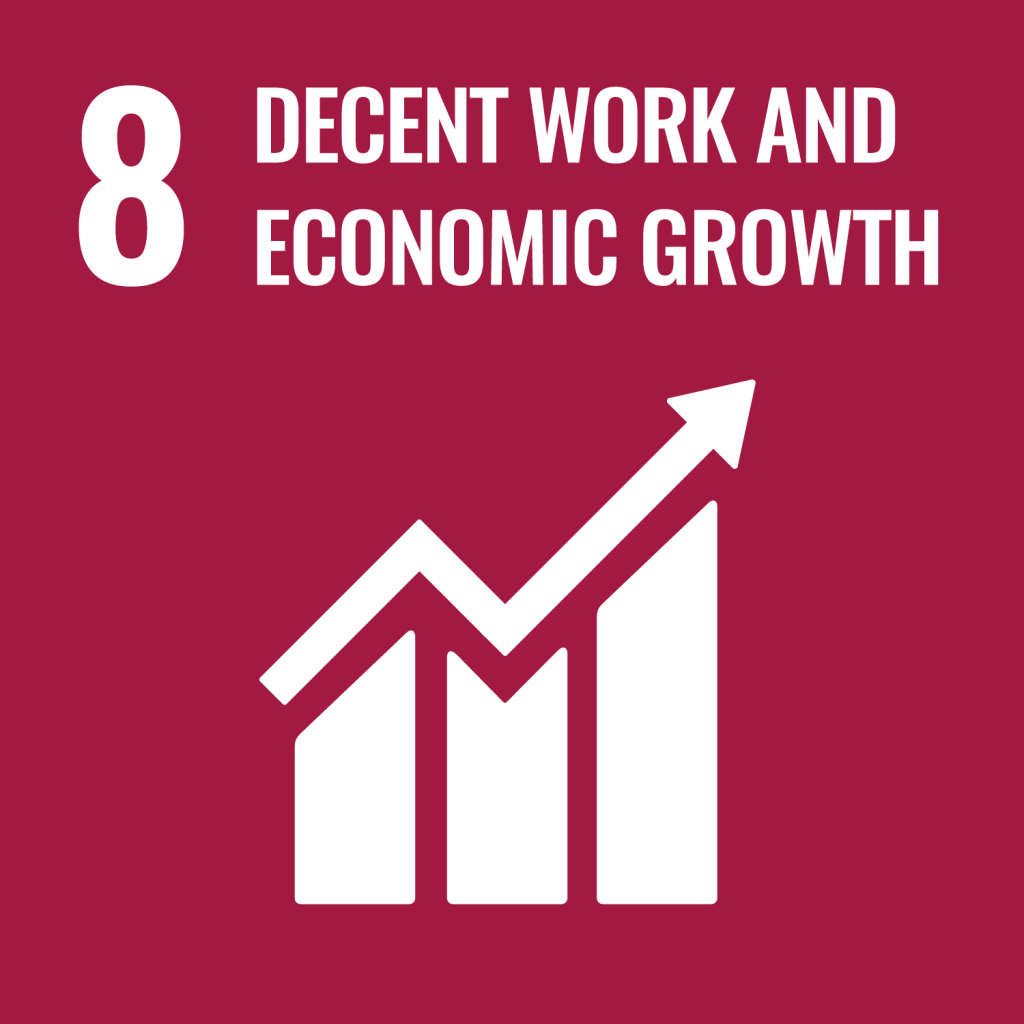Sprout Coffee
Micro (1-9)
Tertiary
Food & Beverage
Background
Sprout Coffee is an office coffee business based in Port Melbourne, Victoria Australia. Their key offering includes the supply of ethical and sustainable turnkey coffee solutions to corporate clients along with an interest in wholesale and retail sales of coffee and other non-alcoholic beverages. Their coffee and allied beverage business is built on four sustainability pillars: ethical sourcing, leveraging technological advancements, recycling, and reuse of coffee ground waste as well as other reusable items such as containers, plastics and pallets.
Sprout Coffee’s sustainable practice contributes to UN SDGs #8 Decent Work and Economic Growth; #12 Responsible Consumption and Production; #13 Climate Action; and #15 Life on Land.




Sustainability Story
Coffee is one of the most traded commodities in the world. The resource intensive nature and its high reliance manual labour have resulted in the exploitation of small-scale coffee farmers and employees in the hands of traders and industrial farmers. To tackle this, Steve Joy along with his friend, Ed Sladen, left the corporate coffee world to create an ethical and sustainable coffee business in 2013. Their years of experience in the coffee industry have been a key strength in building Sprout’s sustainable business model. The business model involves several practices. First, ethical sourcing from Fairtrade certified suppliers. Second, cutting down energy consumption by modernising coffee machines and offsetting carbon emissions to ensure net zero operations. Third, ground coffee waste which often ends up in landfills is collected and recycled with the help of community gardens, social enterprises and other recycle partners such as the Melbourne Zoo to create products of value such as zoo grow. Finally plastic, pallets, and paper are reused or supplied to recyclers to keep waste generation to minimum. Sprout’s sustainability initiatives are funded from their profit margins which in turn is making them attractive to their clients; a symbiotic relationship that is widely adoptable in multiple sectors.
In the future, Sprout aims to further improve their sustainability portfolio through the implementation of in-house composting facility, offering greater flexibility and possibly an additional revenue stream. Furthermore emission free transportation and storage facility is also in the pipeline when the relevant technology becomes accessible.
Sprout Coffee Practices
| Zero carbon points of sale | Zero waste points of sale | Configuring sustainable supply chain |
|---|---|---|
| The yearly carbon emissions are measured and offset by purchasing carbon credits and introduced all energy efficient equipment. | Coffee is composted and converted into inputs for other industries, and plastic and paper waste is supplied to recycled and reusable containers introduced to operations. | They have transitioned and set up a supply chain from only certified sustainable producers and suppliers. |
Pathway Map
Configuring a Sustainable Supply Chain
View the Pathway MapZero Waste and Low Carbon Coffee Stations (Point of Sale)
View the Pathway MapEnabling Factors for Practices
Sprout Coffee’s sustainability practices are enabled by a number of key actors, policies, resources and partnerships.
| Internal to the organisation | External to the organisation |
|---|---|
| Profit trade-off: Key sustainability practices are funded by the business's profits, allowing for an independent and sustainable business model driven by the SME's ethical and sustainability values. | Partner Organisations: They include social enterprises supporting people from disadvantaged backgrounds, community gardens and other SMEs that support with waste management expertise, and in particular, composting coffee grounds, and recycling cardboard and paper. |
| Founders' industry experience: The founders of the SME have prior business knowledge and industry experience, which has enabled them to adopt a sustainable business model, to identify ethical supply chain partners, and to garner the interest of corporate clients. | Clients: The changing and growing market demand for sustainable products has been a key enabler. |
Arresting Factors for Practices
| Internal to the organization | External to the organization |
|---|---|
| Infrastructure - lack of an in-house composting facility. | Policies: Not many policies that support sustainability in SMEs. |
| Financial - sustainability innovation is funded by the profits. | Supply chain stress as a result of the COVID-19 pandemic. |
| Climate change: Drought and climate change affecting produce and supply. |
